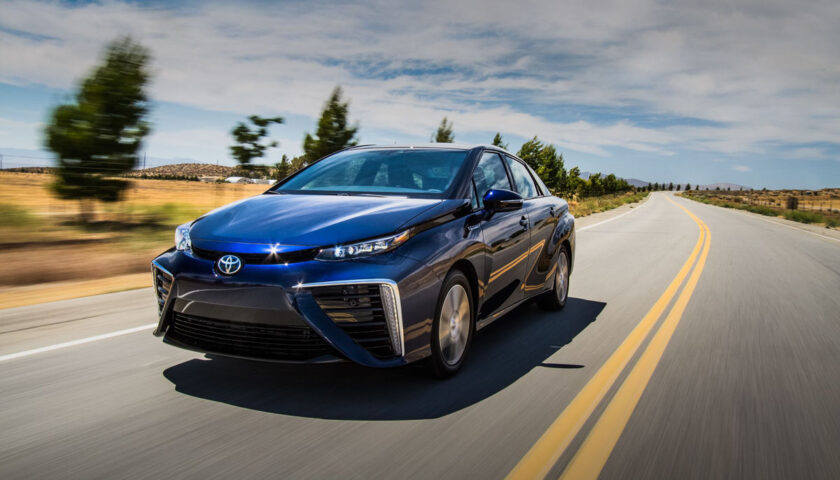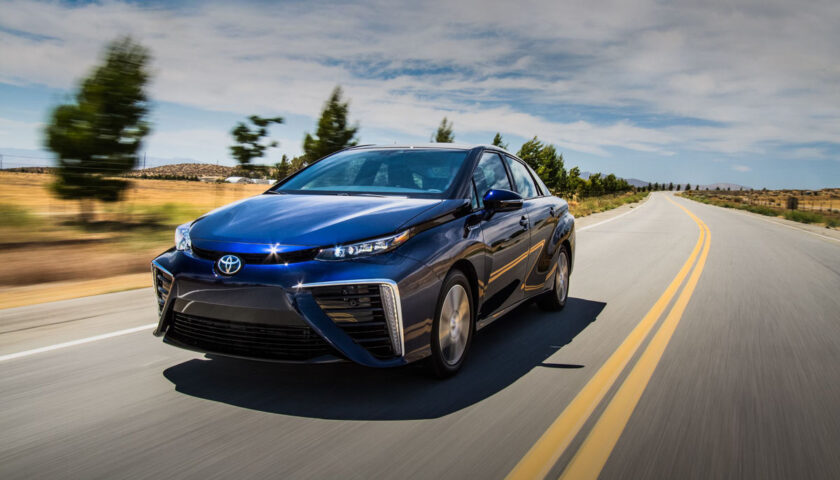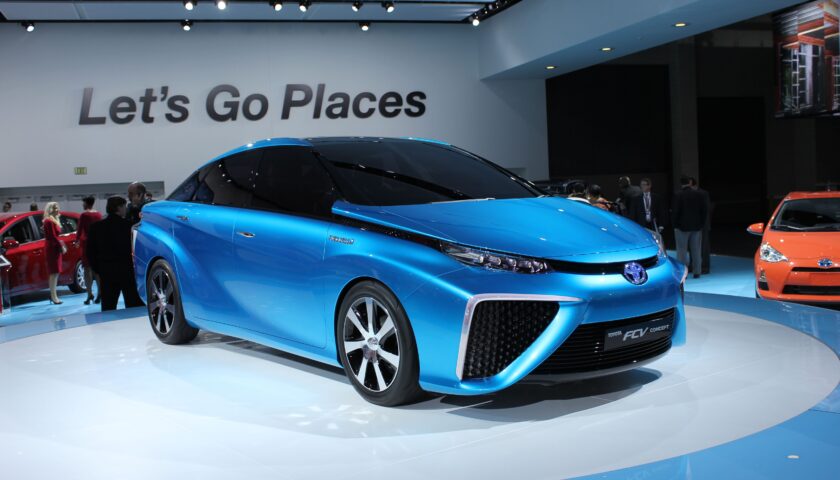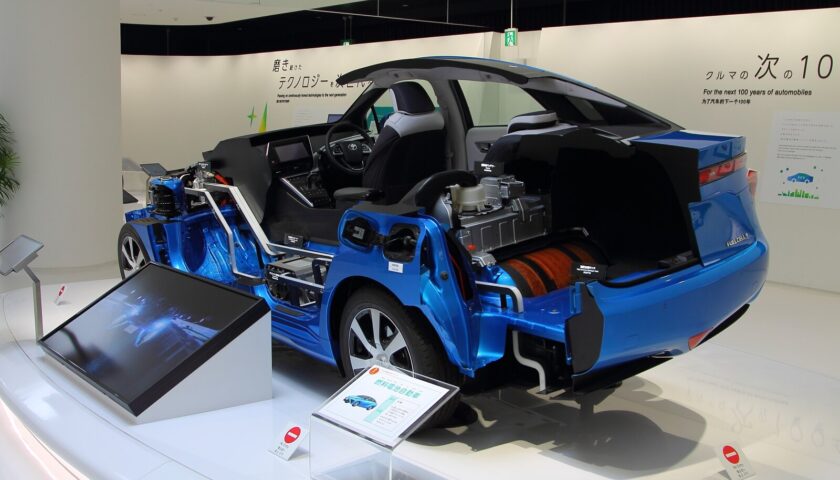The way Toyota is progressing, electric vehicles aren’t the future; hydrogen power is.
Manufacturers of motor vehicles have been attempting to introduce new fuel options for at least 20 years. Toyota’s hybrid systems, introduced with the Prius, were among the first of their kind in the automotive industry. Since then, many more hybrids and fully electric vehicles have entered the market, with the consensus being that this is the future of transportation. A lot of people, including Toyota, have doubts about the viability and actual eco-friendliness of EVs. Because of this, the field of hydrogen power has advanced. Toyota, one of the largest automakers in the world, has devoted significant resources to developing this technology. Finally, Toyota’s efforts appear to be paying off, and the much-loved internal combustion engine may yet be saved by the company.
Toyota Is Insisting On Hydrogen For Good Reason

When it comes to eco-friendly energy for vehicle propulsion, hydrogen is among the most promising options. Toyota has used a combination of hydrogen and batteries to date to do away with charging times and reduce emissions. Batteries in electric vehicles can be recharged quickly and easily using hydrogen thanks to advances in science and technology. You stop at a hydrogen filling station, get some fuel, and then drive away.
However, that’s not the only advantage. Batteries for hydrogen vehicles do not need to be as large as those for regular EVs. As a result, the car is much better for the planet. You see, the environmental impacts of making and disposing of today’s automotive batteries are significant. There is not much logic to the practice of mining for precious metals in the East and then transporting them in tanker ships to the West. The final step in the process is a run through the assembly line before they are installed in vehicles and charged with electricity generated primarily from fossil fuels. As you can see, then, it’s preferable to use fewer, smaller batteries. However, that’s not all. Toyota did not restrict hydrogen use to a single battery recharge method. Hydrogen has been considered as a possible replacement for gasoline in traditional internal combustion engines. Since water is produced when hydrogen is used as a fuel, its widespread adoption would significantly alter the auto industry.
Toyota Has Come Up With Hydrogen V-8 And Three-Cylinder Engines

Toyota’s success in adapting Hydrogen to the 1.6-liter Yaris engine is fantastic news. The 5.0-liter V-8 from the Lexus RC-F can now run on Hydrogen with the help of Yamaha, and it produces the same amount of power as before. A video has surfaced online showing a working prototype of the Yaris GR equipped with this technology; the engine looks and sounds identical to the standard gasoline version (aside from some Hydrogen fuel delivery pipes and a tank in the trunk). Internal combustion engines can be easily converted to run on hydrogen with minimal effort. Some argue that a fuel injection system designed for gas rather than liquid would be necessary, in addition to stronger connecting rods, pistons, and valves. However, if the internals are already robust, some engines may only require new fuel systems. Manufacturers can reuse their current infrastructure, including assembly lines and engine designs, when making hydrogen-powered vehicles. What could possibly go wrong?
Toyota’s Technology Might Also Keep Older Classic Vehicles On The Road

What we’re about to say isn’t something Toyota has publicly announced. If this does occur, Toyota has plans to keep our planet healthy even as we keep our classic cars and trucks on the road. Consider a kit that contains an efficient hydrogen system designed to replace the gas tank in a car. It might require nothing more than a new fuel system and a few internal engine parts. This would ensure that car enthusiasts can keep driving their classic rides into the foreseeable future without breaking the bank on fuel or making the switch to electric power.
But, What Are the Downsides?

Hydrogen engines, like any other technology, have their drawbacks, but we think they can be easily overcome. The disadvantage here is twofold, and it has to do with hydrogen storage. To begin, a large amount of hydrogen is required for a hydrogen-powered engine to achieve a respectable range, which necessitates large storage tanks. The size of these tanks means that car cabins will have to be smaller. The second issue is that hydrogen is extremely dangerous to work with because of how easily it can catch fire when stored at high pressures. The fuel tanks must be able to withstand the extreme pressure of the gas they contain in the event of an accident without leaking.
It will be much simpler to equip the world with hydrogen fuel stations rather than EV chargers once the storage issues have been resolved. Adding the required pumps and storage systems to those already in place for regular fuels is all that will be required. Therefore, we put our faith in Toyota and the brilliant engineers developing his groundbreaking technology, which has the potential to significantly cut emissions (even more so than electric vehicles) while also preserving the viability of internal combustion engines.
Read More – 5 Disadvantages Of Electric Cars





